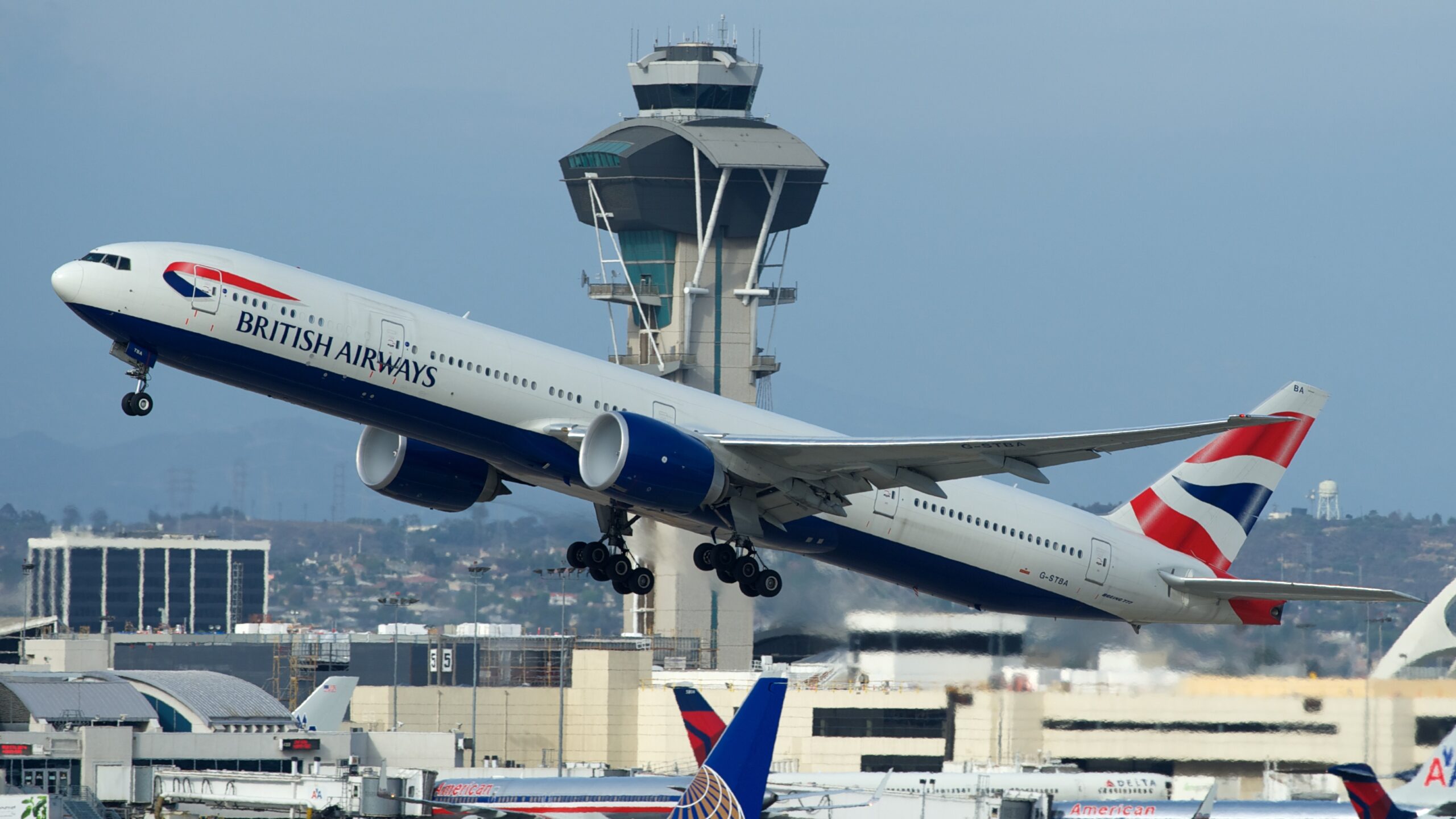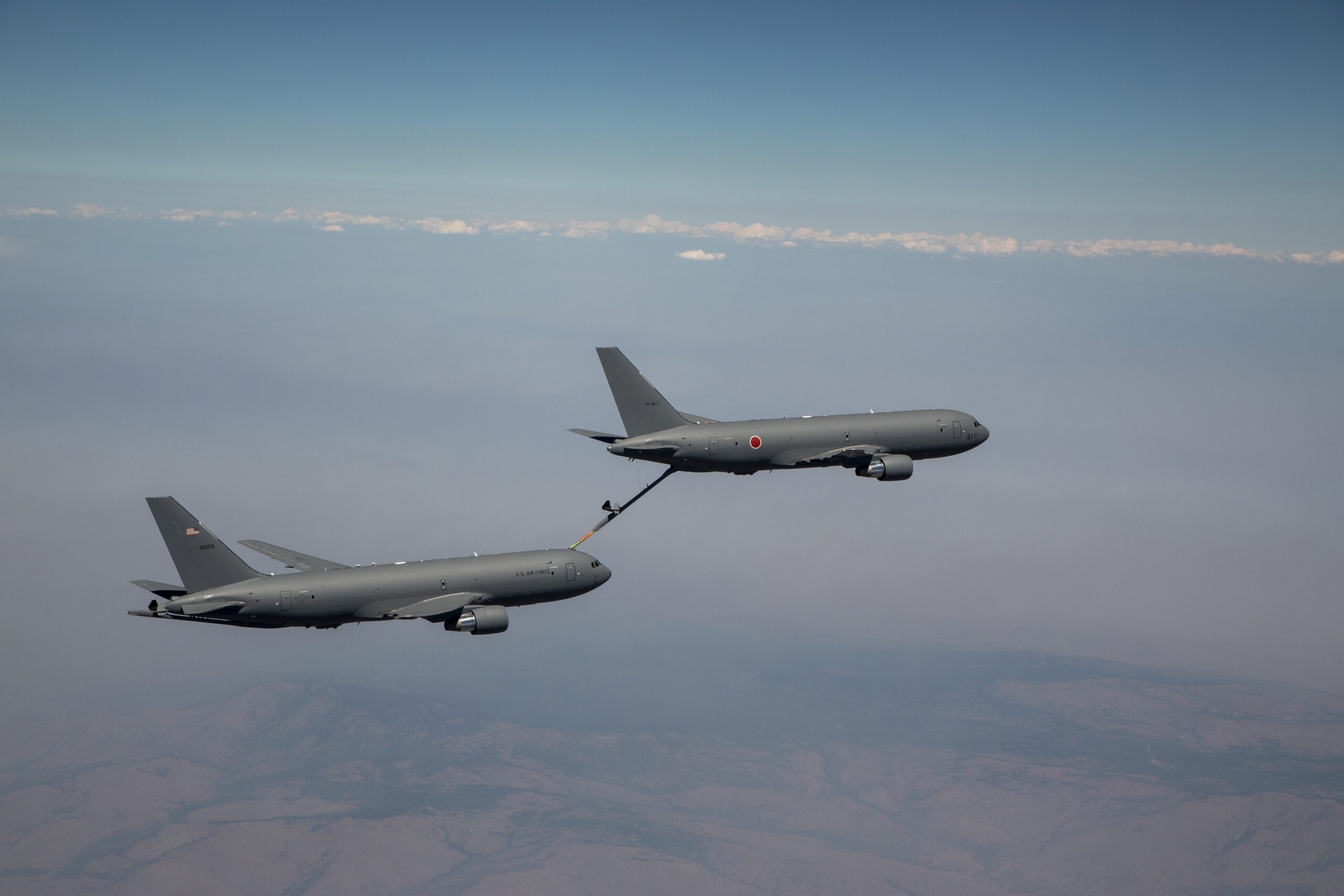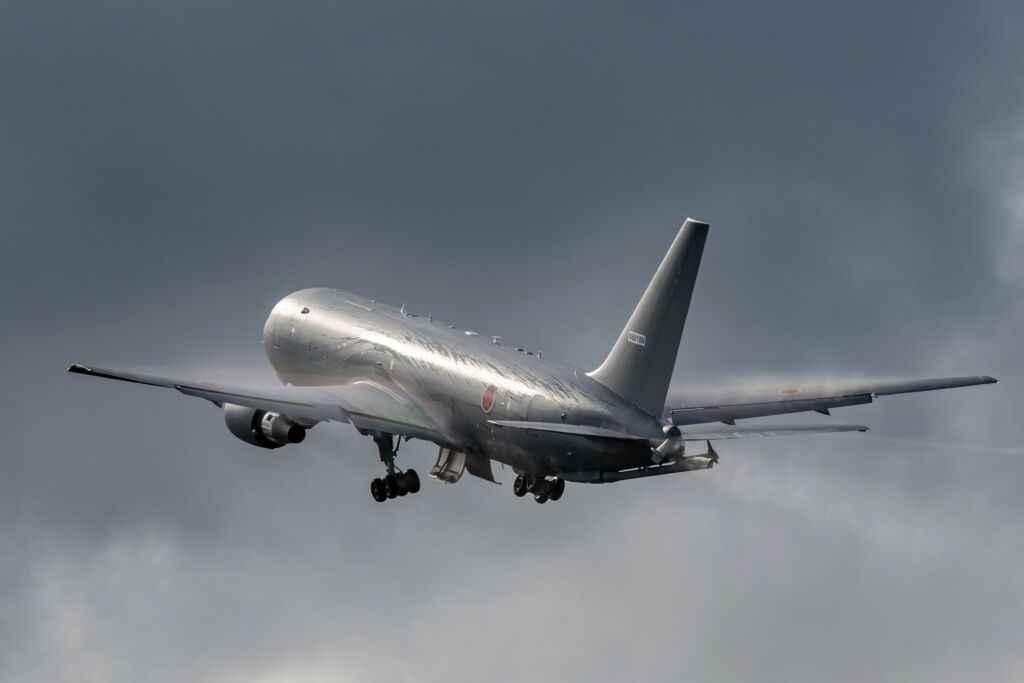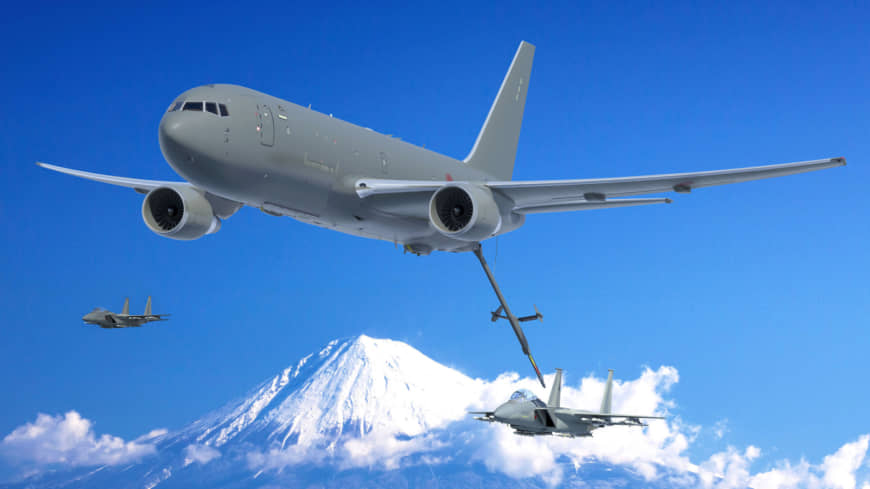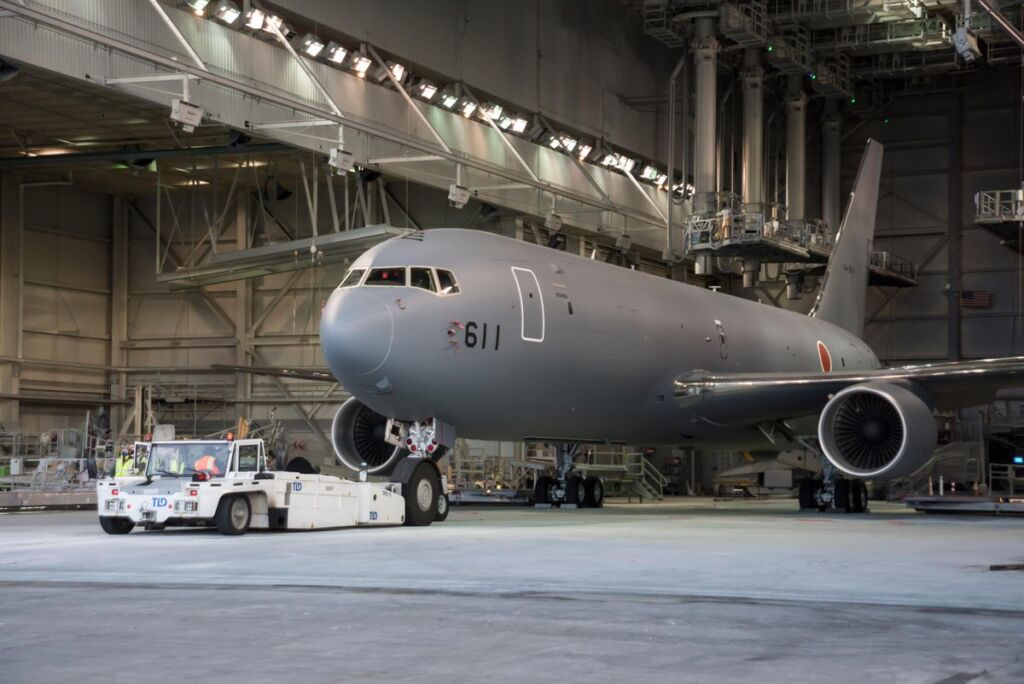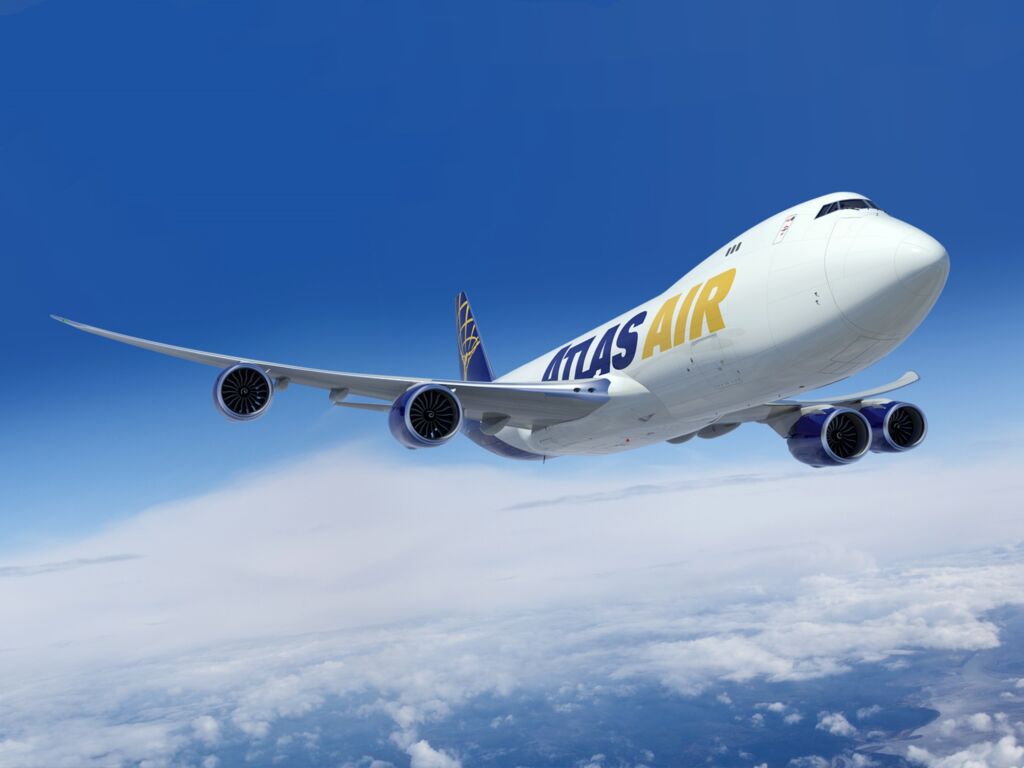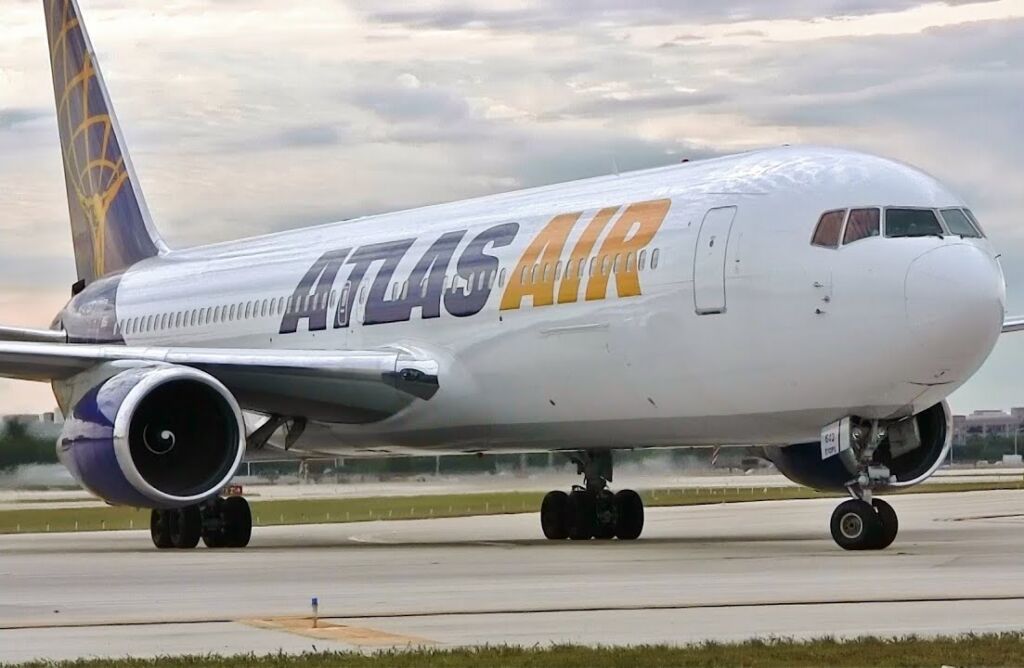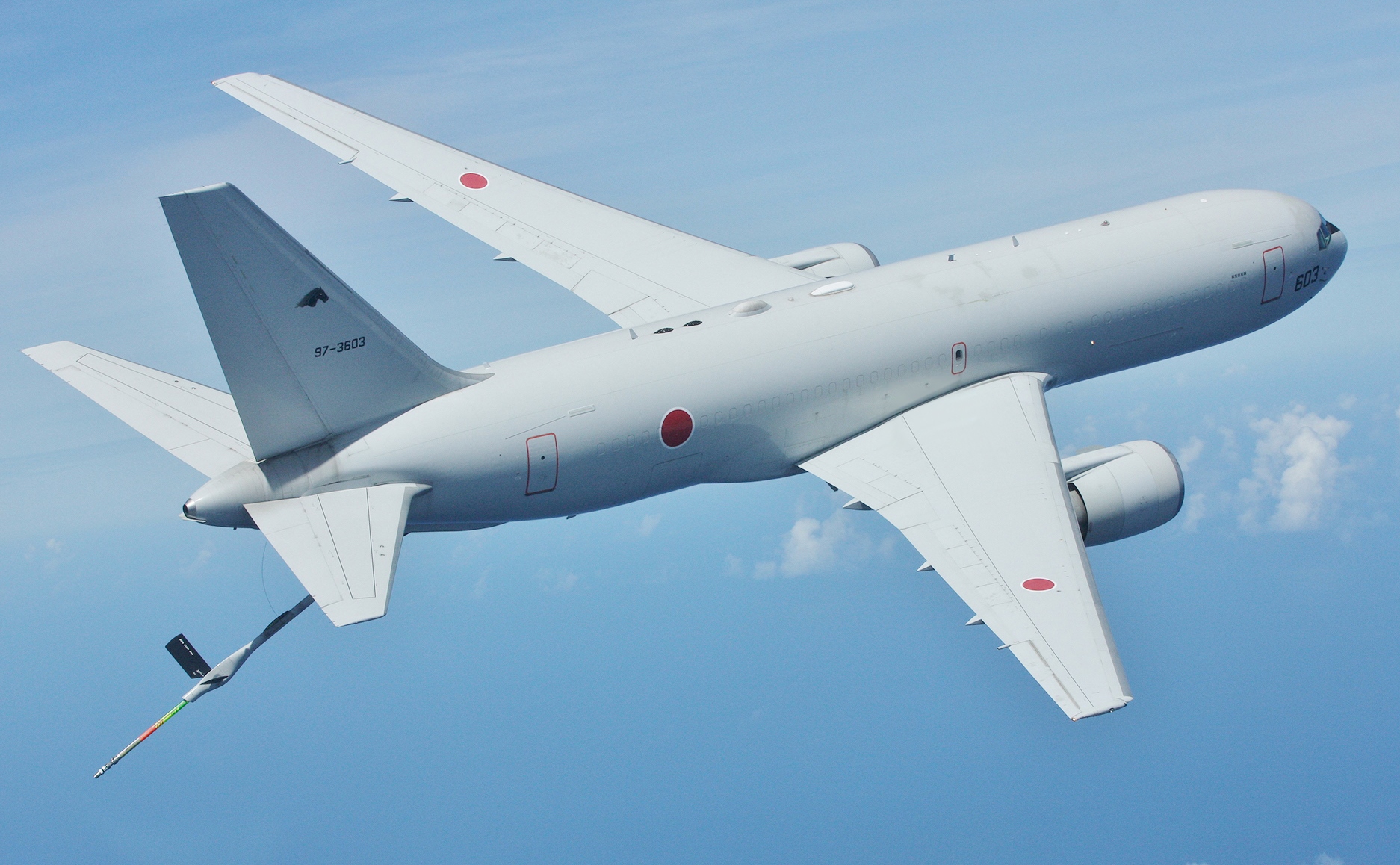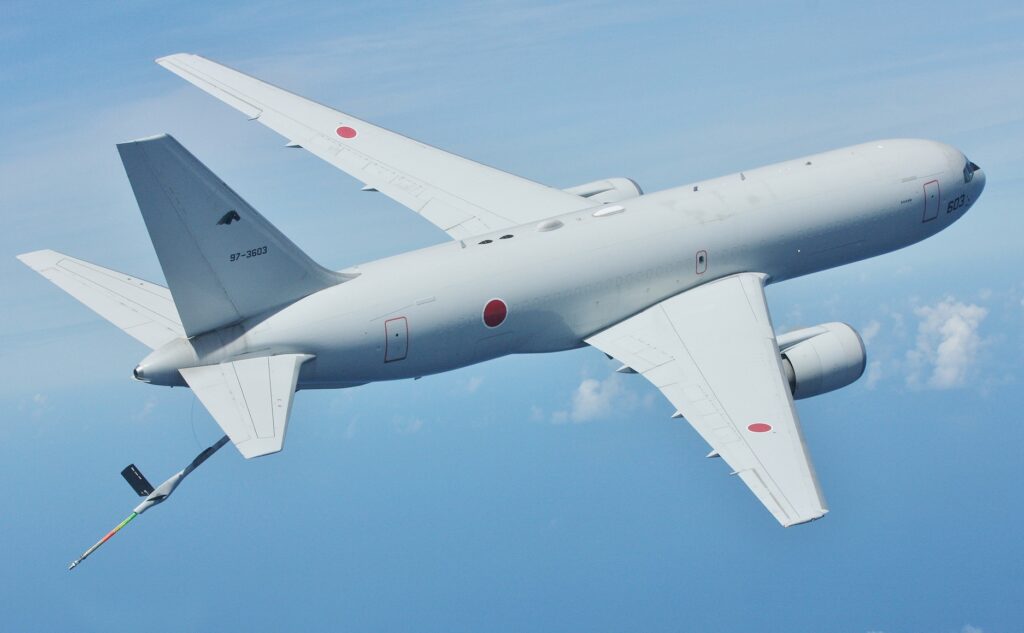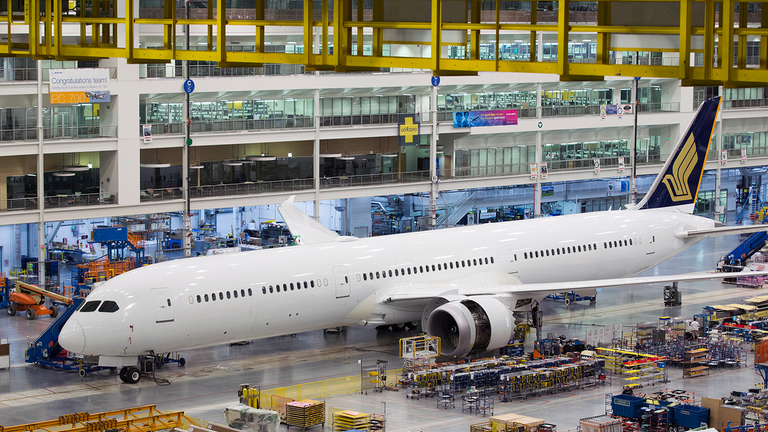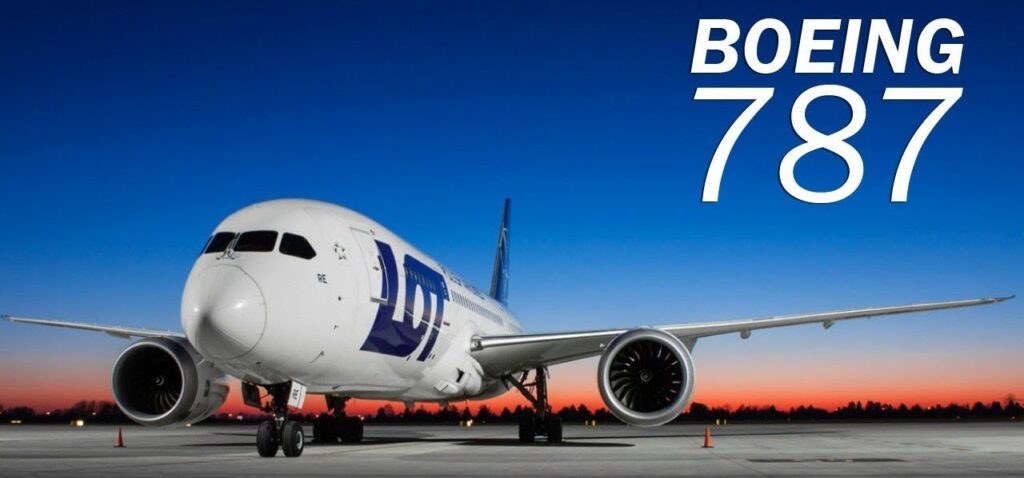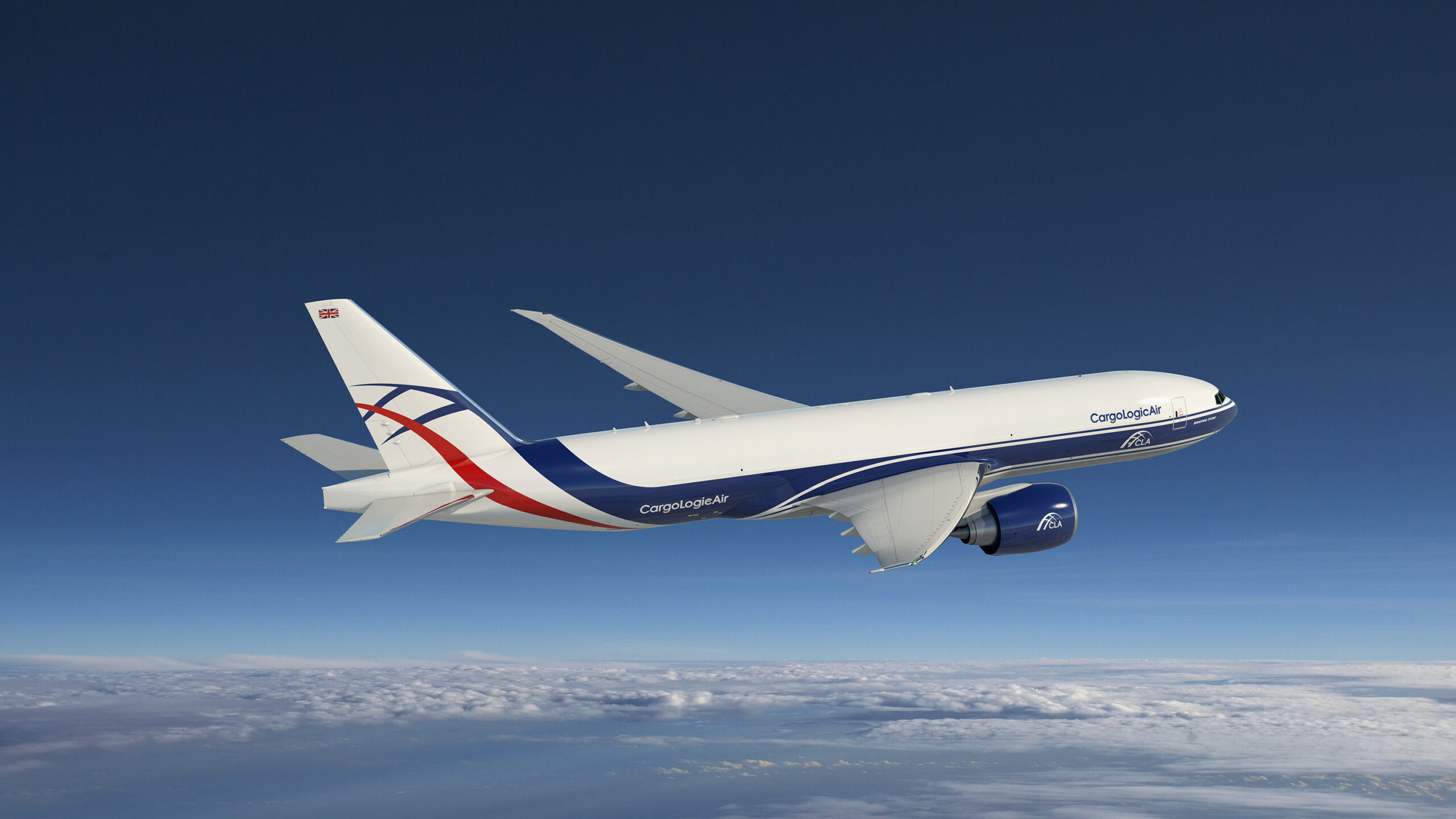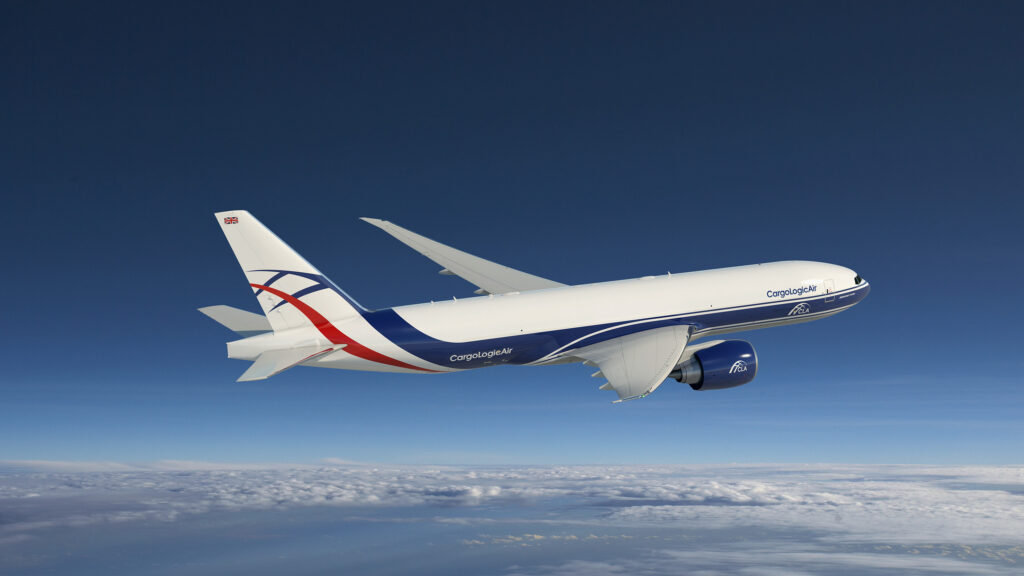WINSTON-SALEM, NC – British Airways (LSE: IAG) has selected Collins Aerospace to upgrade its fleet of Boeing 777 aircraft to the Club World experience for business class passengers.
The agreement includes installation of the popular Club Suite business class seat, the Club Kitchen and a new cabin configuration. Collins will also perform full-cabin integration work – including engineering design, test and approval – along with program management and third-party supplier approvals. Some of the modified aircraft are already flying with the upgrades expected to be complete by the end of 2022. The retrofitted Boeing 777 aircraft will be operating from London Heathrow.
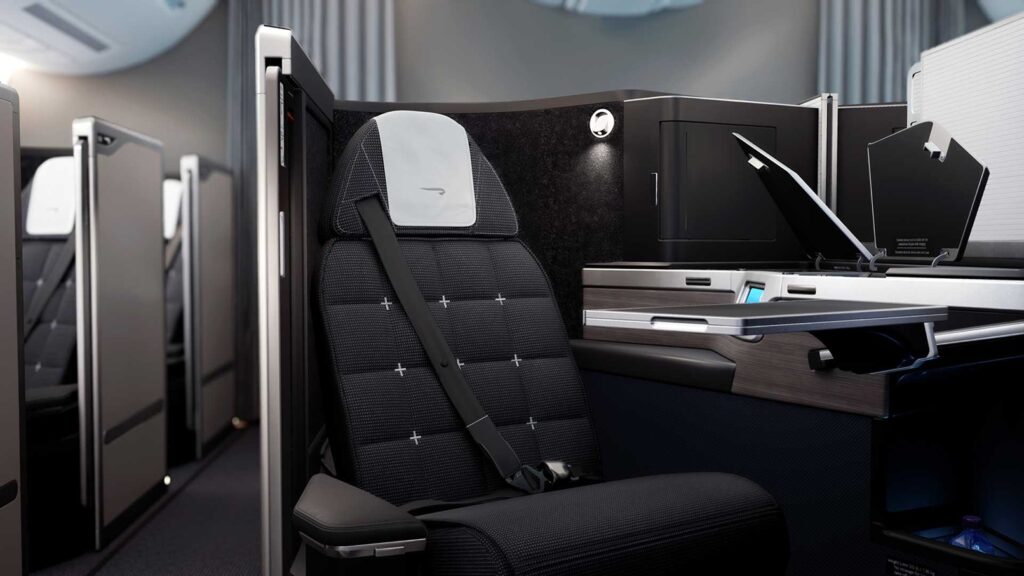
The Club Suite is a customized version of Collins Aerospace’s industry-leading Super Diamond business class seat, providing British Airways international passengers with privacy doors, a spacious seat that converts to a fully flat bed and an upgraded inflight entertainment system. Similar to the upgraded cabin on British Airways’ new Airbus A350 fleet, the suites are laid out in a 1-2-1 pattern, allowing all-aisle access for every passenger. This proven design can be tailored to fit different airframes, helping maintain a consistent passenger experience.
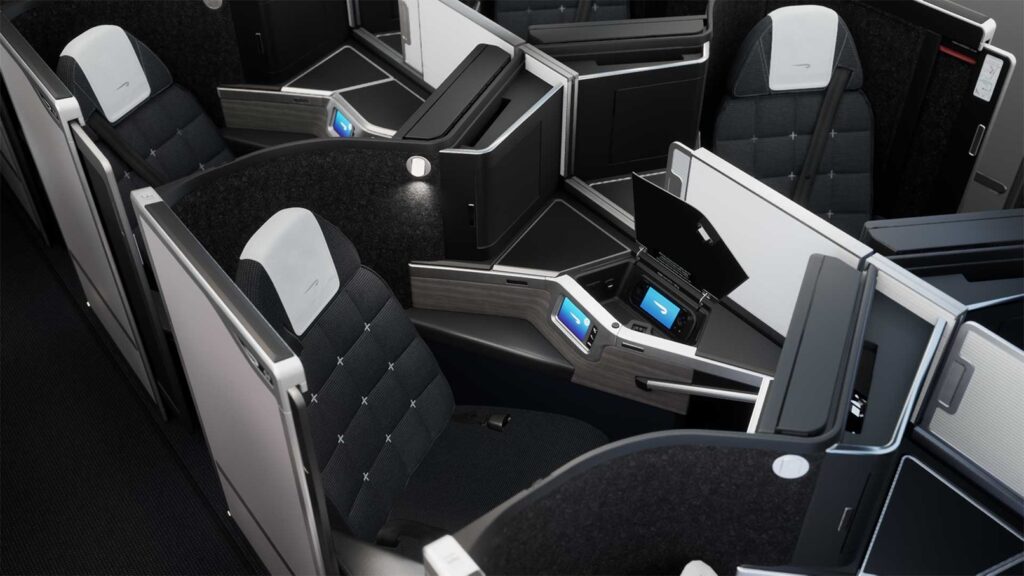
The Club Kitchen is an area consisting of galley inserts, chillers and built-in storage for snacks, drinks and other refreshments, allowing passengers the ability to collect self-service snacks and refreshments at their leisure.
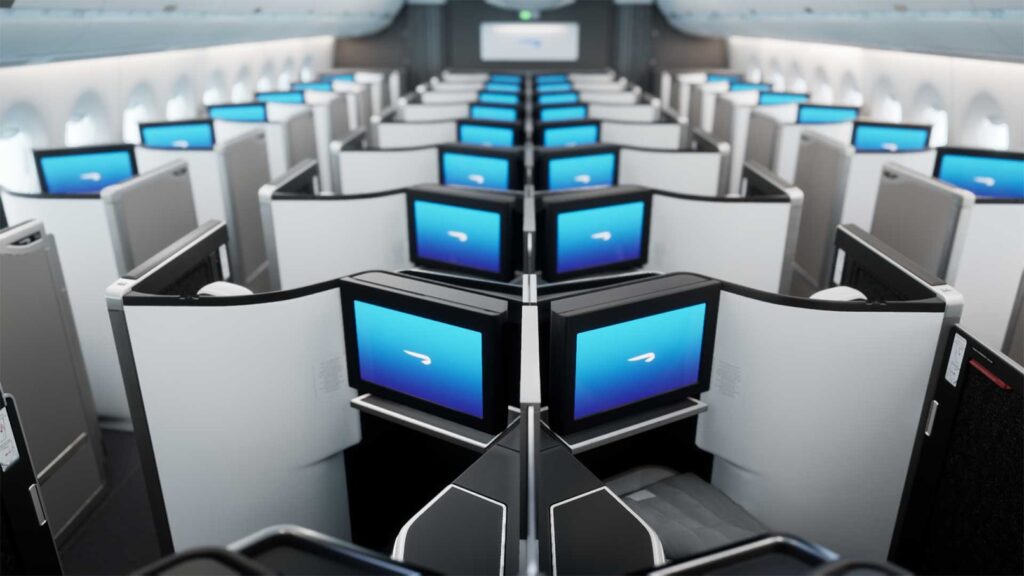
Through its Integration and Engineering group, Collins Aerospace has an Organization Designation Authority from the FAA to oversee the certification and Supplemental Type Certificate for the upgrade. Manufacturing of the new suite seats is being completed at the company’s facility in Kilkeel, Northern Ireland, while the new Club Kitchen was designed at the company’s facility in Everett, Washington.
